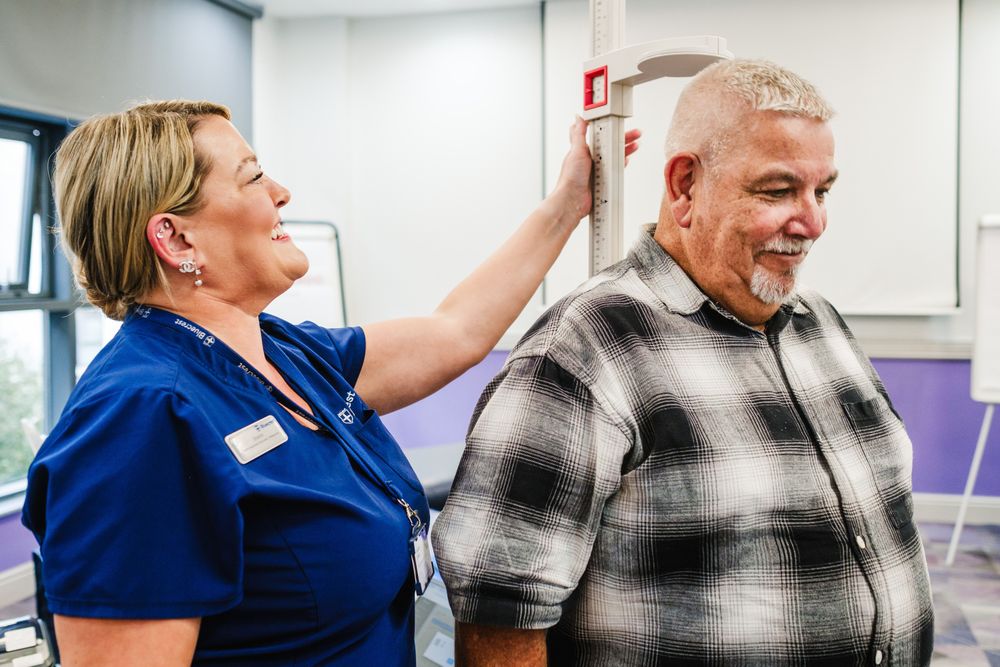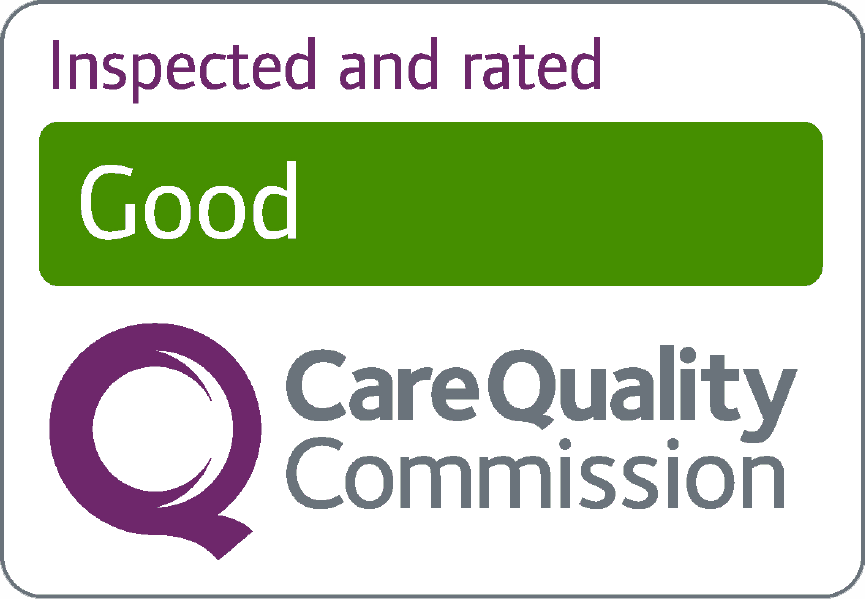
Can low testosterone cause depression?
The link between low testosterone and depression in males is complex. Not only are some of the symptoms of low testosterone similar to depression but having low testosterone can also increase feelings of anxiety and low mood, which can lead to depression. Understanding more about the role testosterone plays in the male body, and knowing what the signs of low testosterone are, can help you understand whether you are experiencing depression.
In this article, we explore whether low testosterone can cause depression, from the long-term effects of low testosterone on the body to the signs of low testosterone to look out for.
Understanding testosterone and its functions
Testosterone is an androgen (sex hormone) vital for normal reproductive function. Although it is most often associated with men and is vital for the development and maintenance of male characteristics, women also require it in much smaller amounts.
In men, testosterone is responsible for:
- The development of the male reproductive organs
- Sperm production
- Regulating sex drive
- Deepening of the voice
- Development of facial and pubic hair during puberty
- Muscle and bone growth
- Helping to maintain mood and cognitive function
- Red blood cell production
The majority of testosterone in men is made in the testes, with smaller quantities also produced by the adrenal glands.
The levels of testosterone your body produces are controlled by your hypothalamus and pituitary gland. Your hypothalamus releases gonadotropin-releasing hormone (GnRH), which triggers your pituitary gland to release luteinising hormone (LH). LH then travels to the gonads and stimulates the production and release of testosterone.
The system works on a feedback loop, so as testosterone levels in the blood increase, it suppresses the production of GnRH to stabilise testosterone levels in the blood.
The way that testosterone production is controlled by the body means that if any organs connected to its production—the hypothalamus, pituitary gland, or gonads—are not functioning correctly, you can have abnormal testosterone levels.
What are the signs of low testosterone?
The effects of low testosterone can vary but typically include a mix of physical and emotional symptoms, such as:
- Low libido
- Erectile dysfunction
- Shrinking testicles
- Bone and muscle mass loss
- Weight gain
- Decreased beard or body hair growth
- Poor memory and focus
- Increase in breast tissue
- Mood swings
- Increased anxiety
- Poor sleep
- Fatigue
The link between low testosterone and depression
The link between low testosterone levels and depression is complex. That’s because some of the signs of low testosterone, like a lack of energy, mood swings and low libido, are also common in people experiencing depression. As a result, it is not unheard of for some people to be wrongly diagnosed with depression when low testosterone may be the cause of the symptoms they are experiencing.
In addition, for some people, the long-term effects of low testosterone, such as reduced libido and increased anxiousness, can increase their likelihood of developing depression.
If you are experiencing any of the signs of low testosterone, it’s important you seek the help of a healthcare professional to get an accurate diagnosis and ensure that the most effective treatment option for you is chosen.
At Bluecrest Wellness, our Male Hormone Profiles offer comprehensive insights into your current hormone levels through a simple blood test and a private GP consultation. This ensures you have the chance to discuss your results and receive guidance on the best next steps to help improve your symptoms.
How to tell if you have low testosterone
A simple blood test can determine whether you have low testosterone. A testosterone blood test is usually taken in the morning, as testosterone levels are usually highest earlier in the day.
A trained health assessment specialist will take a blood sample from a vein in your arm using a small needle. Once the needle is inserted, a small amount of blood is collected into a test tube, which is then sent to a lab for testing. This procedure only takes only a few minutes, and there are very low risks of any complications from having a blood test.
Causes of low testosterone
Low testosterone can be caused by many factors, some of which you can influence, like your weight, and some which you can’t control, such as having had surgery on your testes.
Below are some of the most common causes of low testosterone levels:
- Age – Testosterone levels naturally start to decline in men from around the age of 30 by around one to two percent per year.
- Injury – A previous injury or surgery on the testes can disrupt normal testosterone production and result in low levels.
- Health conditions – Some health conditions, like diabetes and liver disease, can impact normal testosterone production.
- Medications – Certain medications, including some statins, antidepressants and cancer treatments, can affect testosterone levels.
- Drug or alcohol misuse – Consuming too much alcohol or taking drugs can impact testosterone production.
- Obesity – Being overweight or obese can contribute to reduced testosterone levels.
Can boosting testosterone improve mood?
Boosting testosterone levels can help to improve mood in some circumstances. For example, in men who may be experiencing feelings of increased anxiety or low mood as a direct result of low testosterone levels, testosterone replacement therapy can help to improve their mood.
However, for men who are experiencing depression for other reasons, boosting testosterone levels is not likely to be an effective treatment in the long term as it doesn’t address the cause of their low mood.
That’s why it is so important for anyone experiencing the signs of low testosterone or persistent low mood to seek help from a healthcare professional.
Take control of your health today
If you are concerned that low testosterone levels may be impacting your mood and causing feelings of depression, a private hormone profile blood test can offer vital insights into your hormone levels.
The carefully chosen panel of blood tests specifically measures the levels of seven key male hormones in the blood, including testosterone. In addition, a private GP consultation is included as part of our package to ensure you get appropriate follow-up advice and can pursue the best treatment option for you.
We offer private hormone profile blood tests at locations across the UK, so it is easy to find a convenient appointment. Plus, you can be confident that we will deliver fast, efficient and accurate results as we have established links with leading UK laboratories and are fully accredited for a wide range of private blood checks.
Need help? Call free on
to speak to one of our team.

Anna Jones
Chief Nursing Officer, Bluecrest
Graham Jones
Medical Writer

















